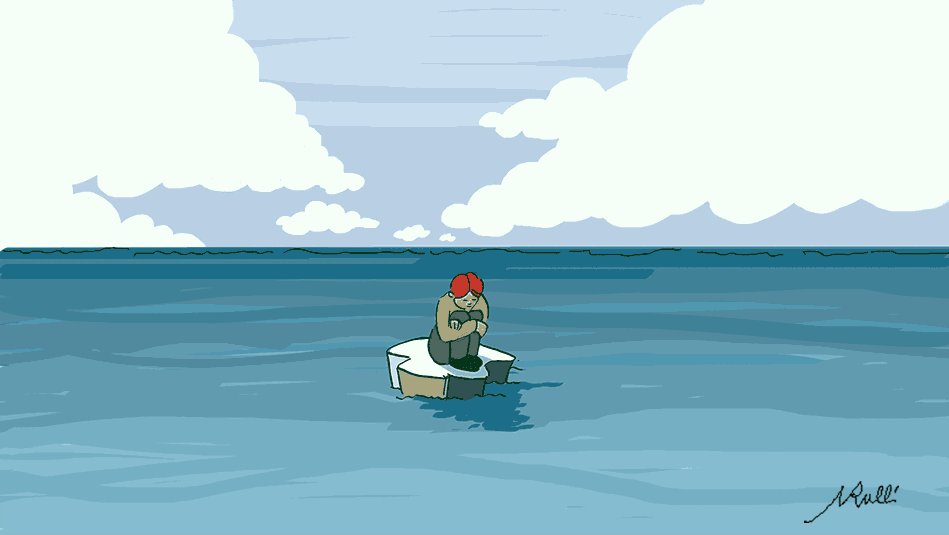Today ecological crisis are acknowledged on a global and collective level. They have become a relevant part of our shared culture.
Slowly but relentlessly, they chip at our mental and physical health and the psychological discomfort is likely to affect economy and society as a whole.
The following is a round up of some of the cues of this relentless undercurrent.
1.It's IKEA if you borrow the sofa.
Swedish furniture giant Ikea had already been plauded for its commitment to transform its business according to
2. Fast fashion slows down
While Ikea revels in its sustainable performances and prepares to the opening of its first small-format store in London, the UK retail industry as a whole is still reeling from its 2019 debacle. According to the BBC, "Last year was the worst on record for British retail, with sales falling for the first time in 24 years as a dire performance on the high street dragged down the industry." Many are putting this down to a halt in consumers' spending for vanity products, in an attempt to pursue more sustainable lifestyles. Besides, fast fashion is under scrutiny now, as its production chain has been gauged as one of the world’s worst polluters.
3. A very Vegan assist
Nestlé Professional partnership with Manchester City is set to "enhance the vegan options throughout our stadiums and to offer fans an even wider selection of high quality food and beverage options", says Damian Willoughby, Senior Vice President of Partnership at City Football Group.
With sports playing such a crucial part in our collective culture, such strategic moves can prove massively influential, when it comes to promote alternative nutritional choices and lifestyles, in a bid to alleviate the alleged greater damages coming from the meat industry.
4.Ashamed of flying
In Sweden, the number of domestic flights dropped by 8% in the first four months of 2019. We reckon this might be down to Greta Thunberg -among many other things, she travelled by train to the World Economic Forum to reduce her carbon footprint. But also the spreading cultural concept of flygskam, a.k.a.flying shame, is playing a role in this state of affairs.
Meanwhile, on some air carrier’s website, such as KLM, the green leaf logo of sustainability product has started to pop up to signal user of eco-friendly flights.
5.It has to be collective debate
More and more brands are pushing eco-concerns to the top of their marketing agendas. Adidas and Corona are only two famous examples in a swathe of companies, who are trying to advance the debate on sustainability, often involving their audience through “interactive” advertising campaigns and a more determined presence in public spaces.
6. Support groups
Many private and public initiatives are popping out around the world, to offer solace to individuals and companies trying to stay mentally safe among concerns and despair. “We’ve reached a level where organisations are asking for professional help to support their staff….They’re noticing massive increases in anxiety and concern”, said to the Guardian Caroline Hickman of the Climate Psychology Alliance.
How to strategically position amidst angst and fears
Modern psychology identifies the causes of anxiety, meant as the arrowing mental anticipation of danger, not particularly to the object of fear in itself, but rather to an unconscious mechanism of self-blaming and guilt.
It’s plausible than that oureco-anxiety feeds on our guilt feeling towards a world that we are all in different measures contributing to destroy.
Brands can offer opportunities for individual and collective “redemption”, leveraging on community-building, interactivity and hands on experiences - that allow a better understanding on what’s going on and what everyone can do for climate related challenges. That way, they could perhaps cement solid bonds with their consumers, even in moment so fragile for human history.
References
A-Z of climate anxiety: how to avoid meltdown on the Guardian







